Tribunal rules after surgeon left women in agony
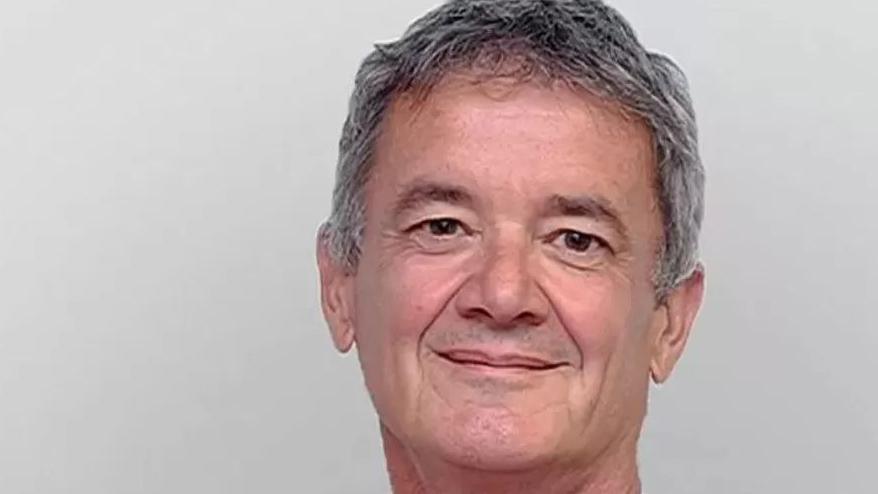
Tony Dixon used artificial mesh to treat hundreds of bowel problems
- Published
A surgeon who left patients in "agony" made a number of failures, a tribunal has found.
Bristol-based surgeon Tony Dixon, who used artificial mesh to treat prolapsed bowels, failed to obtain informed consent, adequately investigate symptoms and failed to trial alternative treatment methods, a report said.
The General Medical Council (GMC) brought the case against Mr Dixon, who treated more than 200 patients at Southmead Hospital and Spire Hospital.
Mr Dixon denies all the allegations and maintains that the procedures were carried out in good faith, and any surgery can result in complications.
Reports made from 2010 to 2016 were considered as part of the tribunal, led by the Medical Practitioners Tribunal Service.
The BBC first revealed allegations made against Mr Dixon in 2017, when many women complained of severe pain following their operations.
Two years ago, a review by Southmead Hospital found that 203 mesh operations carried out by Mr Dixon were deemed to be unnecessary, and non-surgical treatments should have been offered instead.
Mr Dixon used a technique known as mesh rectopexy to treat bowel problems.
Through the procedure, mesh implants are placed into the body to treat pelvic organ prolapse and incontinence in women - both conditions which can occur after childbirth.
The mesh, which is usually made from synthetic polypropylene, is intended to repair damaged or weakened tissue.
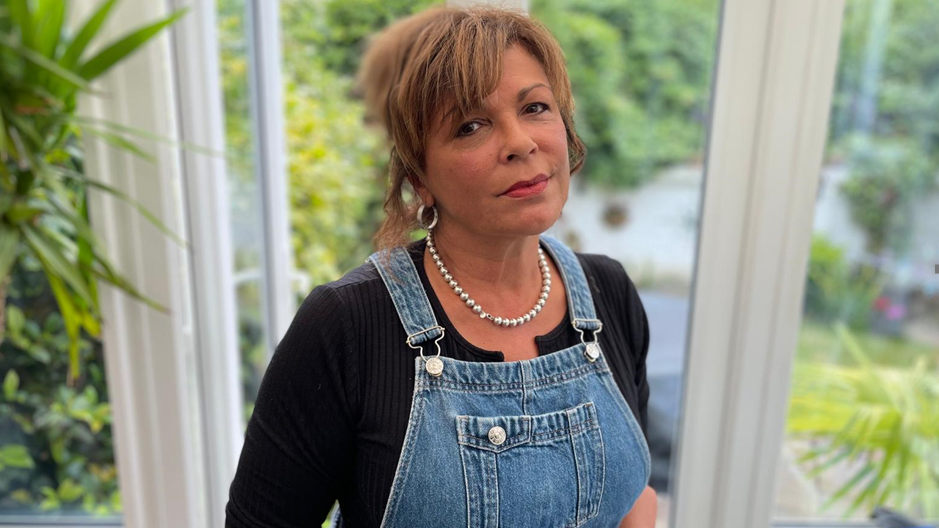
Sam Van Der Heijden was told by Mr Dixon her colon was "dead"
Sam Van Der Heijden, from Hastings, East Sussex, was treated by Mr Dixon at Spire Hospital in 2011.
The tribunal found that he carried out a manual examination for rectal prolapse without a chaperone present, before failing to properly advise her of the risks of an operation that was carried out to resolve issues arising from her initial procedure.
Ms Van Der Heijden said: "Because he was the so-called expert, I just went along with it.
"For a few months I was okay, but then it got worse."
A 'very cruel man'
Mr Dixon told Ms Van Der Heijden that her colon was "dead", prompting another major surgery to remove it.
She now lives with a stoma bag, and has developed pancreatic insufficiency, as well as bile acid malabsorption.
"My health is [not], and will never be like it was before," Ms Van Der Heijden said.
"It’s had a really bad knock-on effect to my whole system - I’m constantly exhausted, dehydrated, not absorbing properly… the list is endless."
She described Mr Dixon as a "very cruel man" with "no compassion" and "no empathy" for his patients.
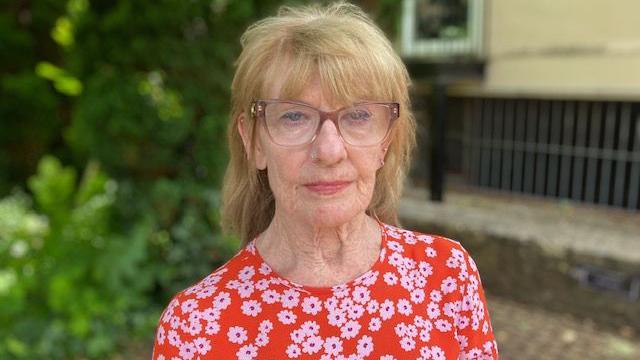
Jennifer Hill said she "still had nightmares" about her experience
'Extreme pain'
Jennifer Hill, from Bristol, was also left with life-long pain and stomach problems after undergoing mesh surgery at Spire Hospital.
The procedure was carried out in 2012 to treat her irritable bowel syndrome.
She told the BBC: "It was soul destroying. I was in extreme pain.
"I was always having diarrhoea, I was constantly bloated and too poorly to think about anything. I was left with pain and flatulence which he completely dismissed after the operation."
The tribunal also found Mr Dixon made inappropriate references to Mrs Hill's sex life to her husband.
"I still have nightmares, I still kick myself for believing him," she added.
The tribunal cleared Mr Dixon of patting a woman's bottom in a hospital lift.
Follow BBC Bristol on Facebook, external, X, external and Instagram, external. Send your story ideas to us on email or via WhatsApp on 0800 313 4630.
- Published16 October 2017
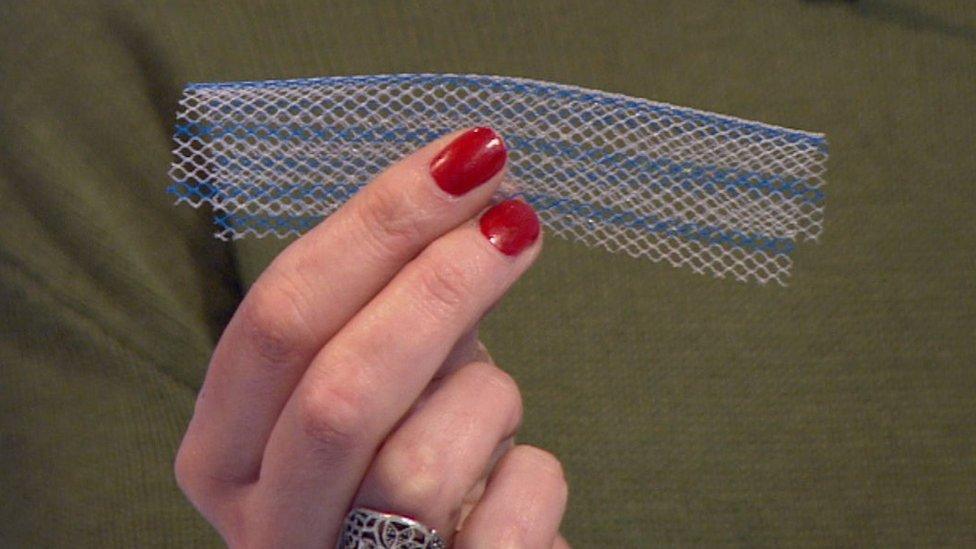
- Published4 August 2017
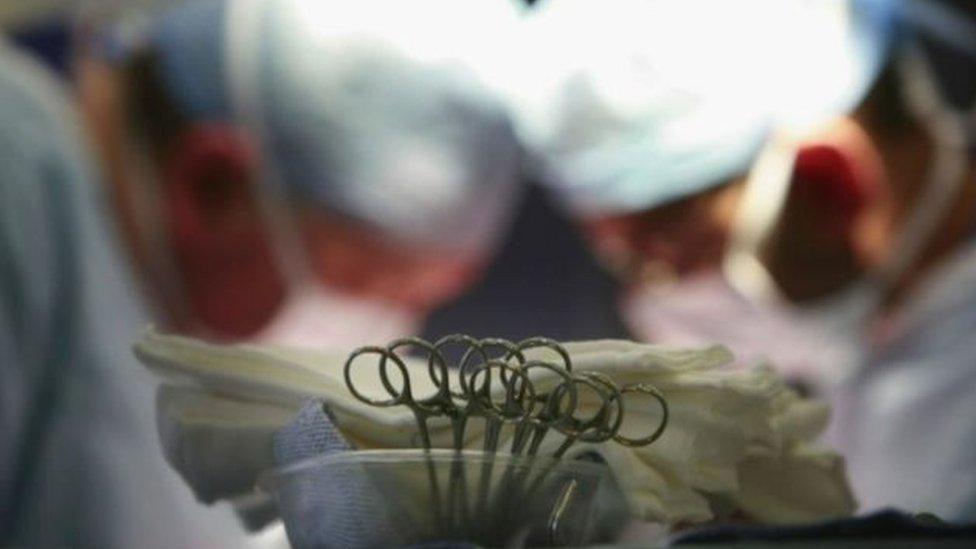
- Published3 August 2017
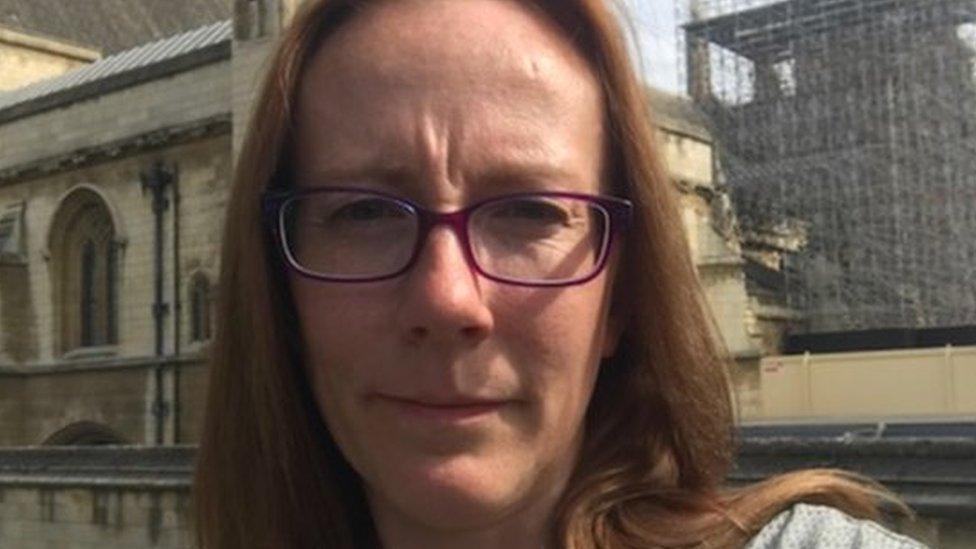
- Published18 April 2017
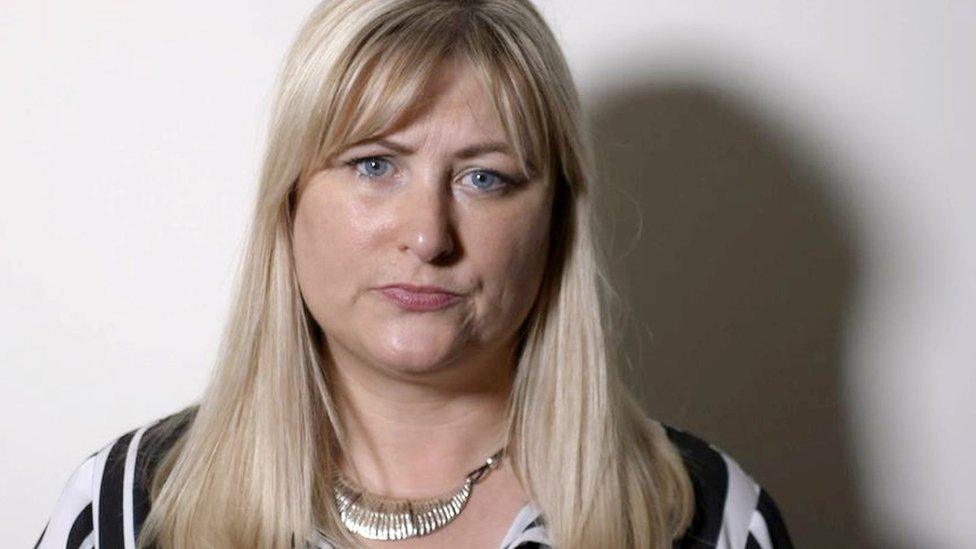
- Published19 December 2016
